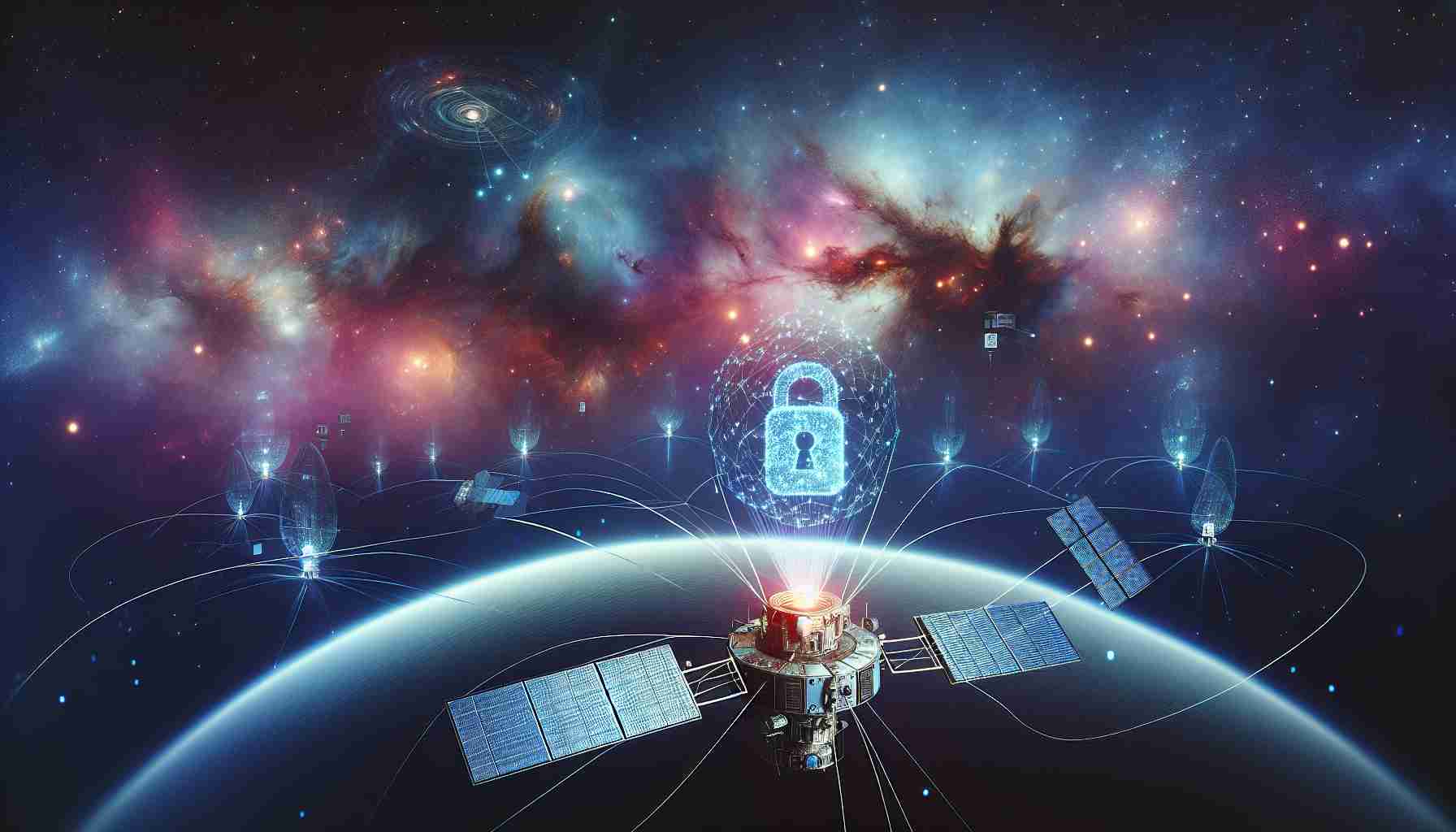The Gravity of Space Cybersecurity

As technology continues to progress, the reliance on space infrastructure in our daily lives becomes increasingly apparent. The driving force behind various industries, from transportation to communication, satellite services have become a cornerstone of our interconnected world.
A pivotal concern emerges with the rise of cyber threats targeting the space sector. The recent Viasat incident, where a cyberattack disrupted satellite internet access during Russia’s invasion of Ukraine, serves as a stark reminder of the vulnerabilities faced by space activities. However, this is just one visible case, with numerous other cyber threats lurking beneath the surface.
To safeguard the future of space missions, cybersecurity must take center stage. Senior executives must lead the charge in understanding the complexities and risks posed by cyber vulnerabilities. Without a deep comprehension of cybersecurity threats, organizations risk exposing themselves to potential harm.
The commercial space sector requires a tailored approach to cybersecurity training, one that addresses its unique challenges and intricacies. Initiatives like the US military’s CASR underscore the need for thorough evaluation and integration of commercial technology into defense systems to fortify cybersecurity measures effectively.
Legal frameworks, such as France’s Law on Space Operations and the UK’s Space Industry Regulations, mandate cybersecurity measures to prevent unauthorized access to spacecraft and ensure the security of critical infrastructure. These regulations aim to anticipate future challenges and enhance cybersecurity resilience in space activities.
In a rapidly evolving landscape where outer space is no longer beyond reach, proactive cybersecurity measures are crucial to protect critical space infrastructure and ensure the continued growth and security of the commercial space sector.
FAQ Section:
1. What is the significance of satellite services in our daily lives?
Satellite services have become crucial in various industries, including transportation and communication, serving as a fundamental component of our interconnected world.
2. What recent incident highlighted cybersecurity vulnerabilities in the space sector?
The Viasat cyberattack incident during Russia’s invasion of Ukraine exemplifies the potential risks posed by cyber threats to satellite infrastructure and services.
3. Why is it essential for senior executives to prioritize cybersecurity in space missions?
Senior executives must understand cybersecurity threats to mitigate risks effectively and prevent potential harm to organizations and critical space infrastructure.
4. What tailored approach is needed for cybersecurity training in the commercial space sector?
The commercial space sector requires specialized cybersecurity training programs that address the unique challenges and complexities of safeguarding space activities.
5. What role do legal frameworks play in enhancing cybersecurity in the space sector?
Legal frameworks, like France’s Law on Space Operations and the UK’s Space Industry Regulations, mandate cybersecurity measures to protect spacecraft from unauthorized access and strengthen critical infrastructure security.
Key Definitions:
– Cyber Threats: Potential dangers posed by malicious actors targeting digital systems and networks.
– Cyber Vulnerabilities: Weaknesses in systems or protocols that can be exploited by cyber threats.
– Cybersecurity: Measures taken to protect digital systems from unauthorized access, data breaches, and cyberattacks.
Related Links:
US Military – Explore cybersecurity initiatives like the CASR program to fortify defense systems.
France’s Space Operations Laws – Learn more about legal frameworks mandating cybersecurity measures in the space sector.





